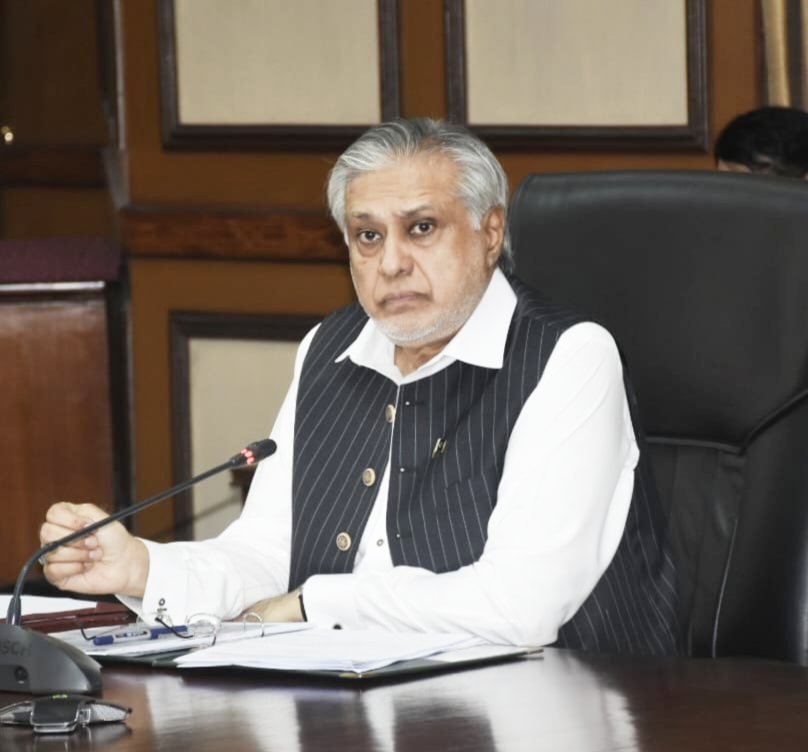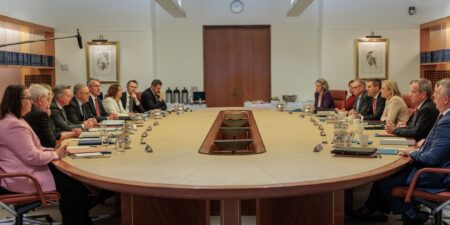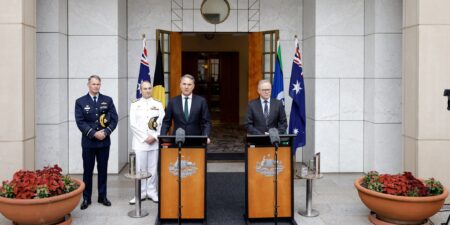
Pakistan Unveils Federal Budget for Upcoming Fiscal Year

Insights & News


Australia Announces New Foreign Investment Framework
The BGA Australia Team, led by Managing Director Michael “Mick” McNeill, wrote an update on …

Australia Prepares Crackdown on Social Media Misinformation
The BGA Australia Team, led by Managing Director Michael “Mick” McNeill, wrote an update on …

Australia Looks to Industry Role in Defense Modernization
The BGA Australia Team, led by Managing Director Michael “Mick” McNeill, wrote an update on …
At BowerGroupAsia, we are committed to
delivering result-oriented solutions for our clients
We have proven track record of helping the world’s top companies seize opportunities and manage challenges across the dynamic Indo-Pacific region.




















